The world’s mean temperature is now 1°C [1.8 °F] warmer than it was before the Industrial Revolution. That may not sound like much, but the rise has triggered unprecedented droughts, wildfires, the melting of glaciers and Arctic sea ice, and the decimation of coral reefs. Science journalist Mark Lynas outlines the degree-by-degree consequences of a continued warming, from the crop failures and food shortages of a 2°C [3.6 °F] rise to the mass extinctions at 6°C [10.8 °F].
The world is unlikely to meet the climate goals of the Paris Agreement.
In 2015, the UK’s meteorological service announced that the Earth was about to reach a “global mean temperature” 1°C [1.8 °F] above 19th-century levels. World leaders meeting in Paris pledged to limit the global temperature rise to 1.5°C [2.7 °F] over preindustrial levels – or, in the worst case, to 2°C [3.6 °F]. But in every year since the Paris Agreement signing, emission levels have set new records.
The one-degree rise means Greenland’s ice sheet is melting, drought and wildfires have devastated Australia and California, and hotter ocean waters are destroying coral reefs.
If current emission levels continue, the world’s mean temperature could rise to two degrees above preindustrial levels by 2030. At some point, powerful positive feedbacks will kick in, and a continued rise will prove unstoppable. An increase of six degrees above the preindustrial global temperature could end life on Earth.
The current global mean temperature already triggers disruption.
The primary effect of the one-degree rise has been to warm the oceans. The extra heat, along with changes in...









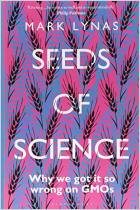
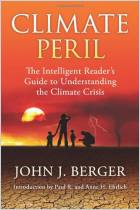
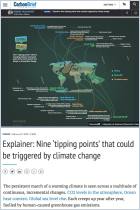
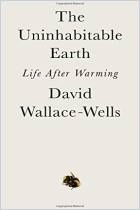
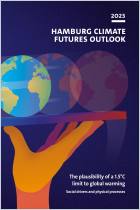
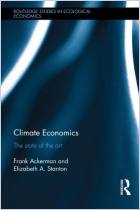
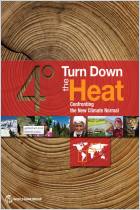




Comment on this summary or Start Discussion